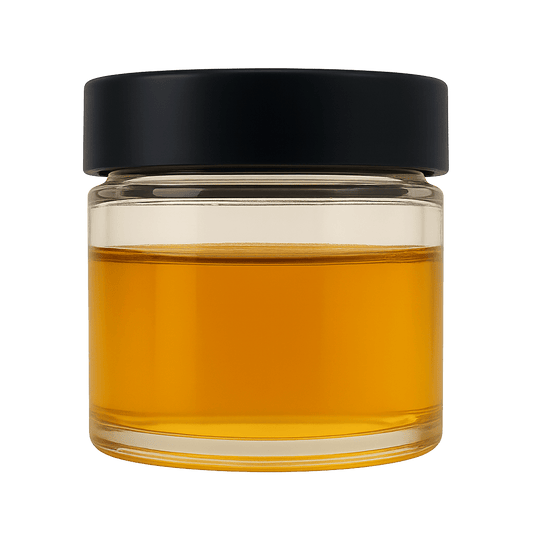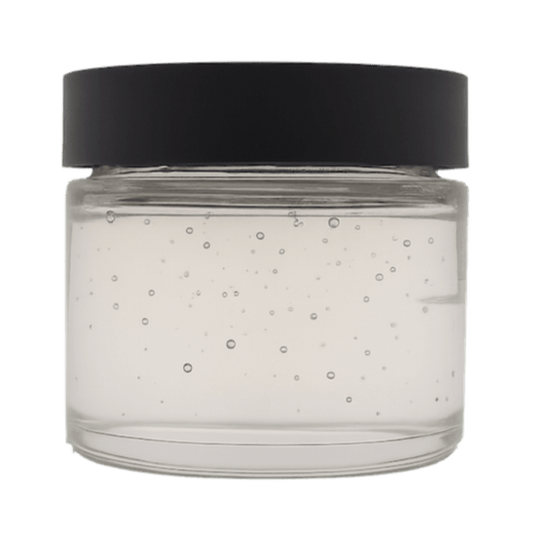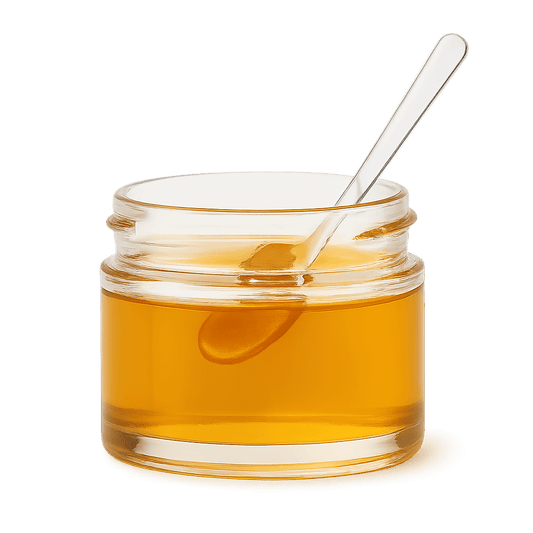Is Delta 8 THC Legal in Arkansas?
YES - Delta 8 THC is Legal in Arkansas
The legality of Delta 8 THC in Arkansas has experienced significant changes and legal challenges. Initially, the state passed Act 629 in the 2023 legislative session, which banned the sale and production of Delta 8, Delta 9, and Delta 10 THC products. This legislation would have made Delta 8 THC illegal in Arkansas, impacting local businesses and consumers who had come to rely on these products for various purposes, including managing anxiety, sleep disorders, and depression.
However, a federal judge blocked this ban, putting a temporary halt to the enforcement of Act 629. This judicial intervention allowed local hemp distributors to continue their business, pending a further trial set for August 2024. Despite the federal block, the legal landscape remains complex. The 2018 Farm Bill legalized hemp-derived products, including cannabinoids like CBD, but did not specifically address Delta 8, leading to confusion and varying interpretations of its legality. Some argue that Delta 8 THC is legal under the Farm Bill as long as it is derived from hemp and contains less than 0.3% Delta 9 THC, while others contend that it falls under the Controlled Substances Act as a synthetic compound, making it illegal.
As of now, the situation in Arkansas is that Delta 8 THC products can be purchased, and there's an ongoing lawsuit challenging the state's ban. This lawsuit has stalled the enforcement of the bill that seeks to prohibit Delta 8 THC, allowing for the continued legal purchase of Delta 8 THC products in the state for the time being.
Given the evolving legal circumstances, it is essential for residents and interested parties to stay informed on the latest developments regarding the legality of Delta 8 THC in Arkansas. Those involved in or considering the purchase of Delta 8 THC products should also consult legal advice to ensure compliance with current laws.
Legal Status of Delta 8 THC in Arkansas
The legal status of Delta 8 THC in Arkansas is particularly complex due to recent legislative actions and judicial interventions. Here's a detailed explanation based on the sources and laws mentioned:
-
Act 629 of 2023: This legislative action by the state of Arkansas sought to ban the sale and production of Delta 8, Delta 9, and Delta 10 THC products. The bill was a response to concerns surrounding the safety and regulation of these substances. The intention behind Act 629 was to regulate cannabinoids closely related to Delta 9 THC, which is the primary psychoactive component in marijuana.
-
Federal Judge's Injunction: A federal judge in Arkansas blocked the enforcement of Act 629, which had aimed to ban Delta 8 THC, among others. This judicial decision came after a lawsuit was filed by local hemp distributors challenging the ban. The preliminary injunction issued by the judge means that, for now, the sale and production of Delta 8 THC products can continue in Arkansas. A jury trial has been set for August 2024 to further address this issue. This decision was a significant relief for local businesses that heavily relied on the sale of Delta 8 products for their livelihood.
-
The 2018 Farm Bill and Delta 8 THC's Legal Gray Area: The Farm Bill passed in 2018 legalized hemp and hemp-derived products, provided they contain less than 0.3% Delta 9 THC on a dry weight basis. However, the bill did not explicitly mention Delta 8 THC, leading to varying interpretations of its legality. Some argue that Delta 8, when derived from hemp and within the THC concentration limits, is federally legal. Others believe that because Delta 8 THC can be synthetically derived, it might fall under different regulatory categories, potentially making it a controlled substance under federal law.
-
State vs. Federal Legislation: The clash between state legislation like Act 629 and federal guidelines underscores the legal complexities surrounding cannabinoids. While the 2018 Farm Bill opened the door for hemp-derived products, state laws like Arkansas's Act 629 attempt to impose stricter controls. This discrepancy between state and federal law creates a challenging landscape for businesses, consumers, and legal professionals navigating the legality of substances like Delta 8 THC.
ARKANSAS INDUSTRIAL HEMP ACT 2-15-401
SECTION 1. DEFINITIONS
(5) “Cannabis” means all parts of the cannabis plant, whether growing or not, including its seeds, resin, compounds, salts, derivatives, and extracts. Cannabis does not include publicly marketable hemp products, as defined in this regulation.
(6) “CBD” means cannabidiol.
(9) “Delta-9-THC” means delta-9-tetrahydrocannabinol concentration (the primary intoxicating component of cannabis).
(13) “Industrial hemp” means all parts and varieties of the plant Cannabis sativa L. and any part of such plant cultivated or possessed by a licensed grower, whether growing or not, with a delta-9 tetrahydrocannabinol (THC) concentration of not more than 0.3 percent on a dry weight basis. (Adopted by federal law in the Controlled Substances Act, 21 U.S. C. & 801 et seq. “Industrial hemp” has the same meaning as in 7 U.S.C. sec. 5940 as it currently exists or as it may be subsequently amended;
7 U.S. Code § 5940.Legitimacy of industrial hemp research
(2) Industrial hemp
The term “industrial hemp” means the plant Cannabis sativa L. and any part of such plant, whether growing or not, with a delta-9 tetrahydrocannabinol concentration of not more than 0.3 percent on a dry weight basis.
(23) “Phytocannabinoids” are cannabinoids that occur naturally in the cannabis plant. The classical cannabinoids are formed through decarboxylation of their respective 2-carboxylic acids (2-COOH), a process which is catalyzed by heat, light or alkaline conditions.
HOUSE BILL 1415. ACT 329. ARKANSAS DEPARTMENT OF HEALTH - LIST OF CONTROLLED SUBSTANCES
SECTION 1. Arkansas Code § 5-64-215 is amended to read as follows: 23 5-64-215. Substances in Schedule VI.
(a) In addition to any substance placed in Schedule VI by the Director of the Department of Health under § 5-64-214, any material, compound, mixture, or preparation, whether produced directly or indirectly from a substance of vegetable origin or independently by means of chemical synthesis, or by a combination of extraction and chemical synthesis, that contains any quantity of the following substances, or that contains any of their salts, isomers, and salts of isomers when the existence of the salts, isomers, and salts of isomers is possible within the specific chemical designation, is included in Schedule VI:
(1) Marijuana;
(2) Tetrahydrocannabinols;
(3) A synthetic equivalent of:
(A) The substance contained in the Cannabis plant; or
(B) The substance contained in the resinous extractives of
the genus Cannabis;
(5) Synthetic substances, derivatives, or their isomers in the chemical structural classes described below in subdivisions (a)(5)(A)-(J) of this section and also specific unclassified substances in subdivision (a)(5)(K) of this section. Compounds of the structures described in this subdivision (a)(5), regardless of numerical designation of atomic positions, are included in this subdivision (a)(5). The synthetic substances, derivatives, or their isomers included in this subdivision (a)(5) are:
(A)(i) Tetrahydrocannabinols, including without limitation the following:
(a) Delta-1 cis or trans tetrahydrocannabinol, and its optical isomers;
(b) Delta-6 cis or trans tetrahydrocannabinol, and its optical isomers; and
(c) Delta-3.4 cis or trans tetrahydrocannabinol, and its optical isomers.
For individuals and businesses in Arkansas, staying informed about the current legal status and upcoming legal proceedings regarding Delta 8 THC is crucial. Given the ongoing legal challenges and the scheduled jury trial in 2024, the legal status of Delta 8 THC in Arkansas may continue to evolve. Those affected by these laws are advised to consult with legal professionals to ensure compliance and to keep abreast of any changes in legislation that may impact the availability and legality of Delta 8 THC products in the state.
The information provided on this website does not, and is not intended to, constitute legal advice or any statements regarding the status of any laws. The information, content, and materials present on this site are for general informational purposes only and should not be relied upon for any specific purpose. Laws vary across different states and are subject to change. Therefore, information on this website might not reflect the most recent legal or other developments. Read our full legal disclaimer HERE.






